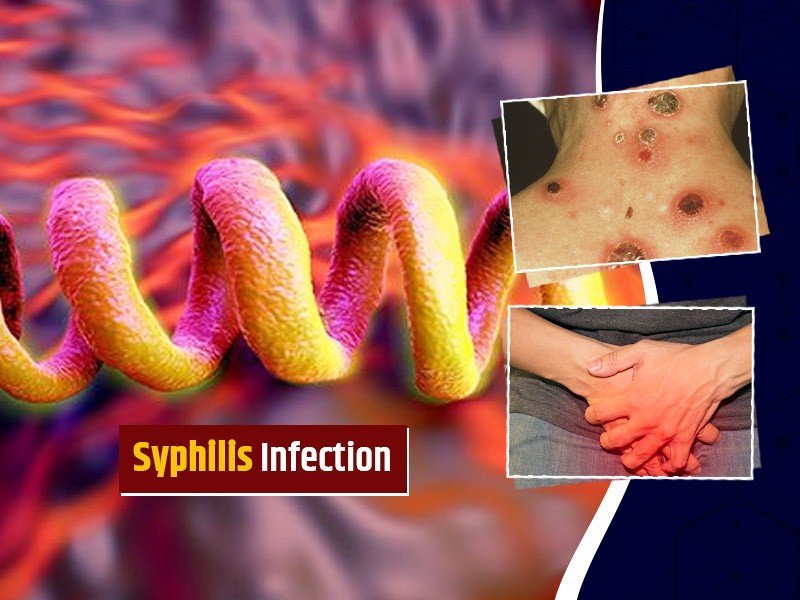Published - Tue, 18 Oct 2022

Smoking - An Unhealthy Life
Smoking hurts the digestive system of our body slowly and gradually. It has been observed that peptic ulcer is commonly found in smokers as compared to non-smokers. In addition to this, smoking makes certain chronic conditions like diabetes, tougher to treat. Smoking increases the danger of developing inflammatory bowel disease, gallstones, and many types of cancers [Head & neck, Lung, stomach, pancreas, and colon].
The stomach makes acidic juices that
assist you digest food. If these juices flow backward into your esophagus or
food pipe, they can cause heartburn due to a condition known as Oesophageal reflux unwellness (GERD). The esophagus is protected against these acids by the
lower esophageal sphincter which prevents the reflux of acid from the stomach
to the esophagus. However, smoking weakens the muscles of this sphincter,
thereby permitting the reverse flow of acid.
Ulcers are painful sores within the lining of the stomach or the start of the small bowel. Ulcers heal fast if you stop smoking. Smoking conjointly raises the danger of infection from Helicobacter pylori. This is a bacterium unremarkably associated with ulcers.
The liver ordinarily filters alcohol and other toxins out of your blood. however, smoking limits your liver’s ability to get rid of these toxins from your body. If the liver isn’t operating as well as it ought to, it's going to not be able to metabolize medications well. Studies have shown that once smoking is combined with drinking an excessive amount of alcohol, it makes the disease worse.
Smoking is one of the foremost risk
factors for carcinoma. carcinoma is the second leading reason behind cancer
deaths. Routine screenings, like an endoscopy, can pick the premalignant growth
such as polyps within the lining of the colon.
Some analysis suggests that smoking
also increases the danger of developing gallstones.
Created by
Comments (0)
Search
Popular categories
Latest blogs

All you need to know about Syphilis
Tue, 15 Nov 2022

What is Pemphigus Vulgaris?
Tue, 15 Nov 2022

Know about Scorpion Stings
Sat, 12 Nov 2022

Write a public review